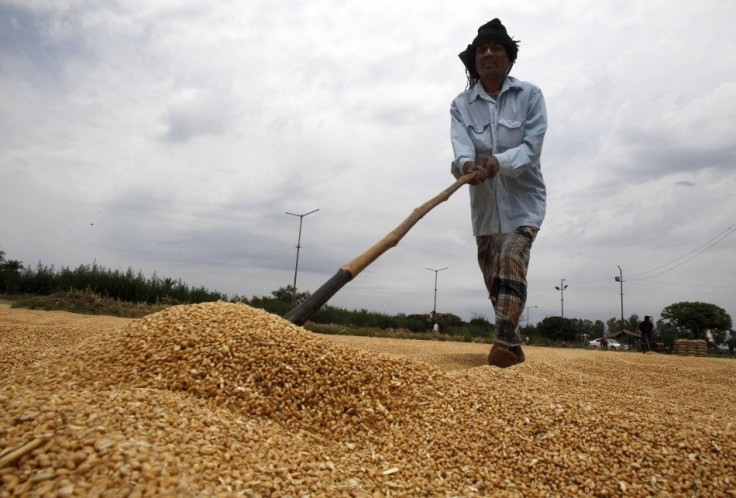Strong 2014 El Niño Unlikely, Pacific Cooling Off – Australia BoM

Meteorologists from Australia's Bureau of Meteorology announced on Tuesday that the tropical Pacific Ocean has cooled off, enough to surmise that the anticipated weather event El Niño is unlikely to be strong after all.
Majority of climate models still highly suggest the occurrence of an El Niño likely in the spring of 2014. However, a general lack of atmospheric response over the last month has resulted in some cooling of the tropical Pacific Ocean, the bureau said on its Web site.
"Most have eased their predicted strength. If an El Niño were to occur, it is increasingly unlikely to be a strong event," it noted.
A strong El Nino brings drought to the Asia-Pacific region and heavy rains to South America, leaving farmers anxious.
Prices of soft commodities such as sugar, coffee cocoa and palm oil will be particularly affected.
"El Niños are typically associated with weak monsoons in India, drier Australia and South East Asia, and wetter CS [Centre-South] Brazil—all of which carry bullish connotations for sugar," commodities broker Macquarie said in April in a note to investors.
In June, Australia trimmed its 2014-2015 wheat production forecast by 1 per cent due to the looming El Niño weather phenomenon. It said its wheat yield may only reach an output of 24.6 million metric tonnes in 2014-2015, compared with the overall 2013 production of 27 million tonnes.
A low production turnout from Australia, world's fourth biggest exporter of wheat, will most likely hurt global prices of the commodity.
Australian dairy and beef farmers have likewise been advised to brace for potential impacts on the industry. Moreover, the Australian Bureau of Agricultural and Resource Economics and Sciences expects more beef farmers to offload and slaughter their cattle for the next 6 months.





















